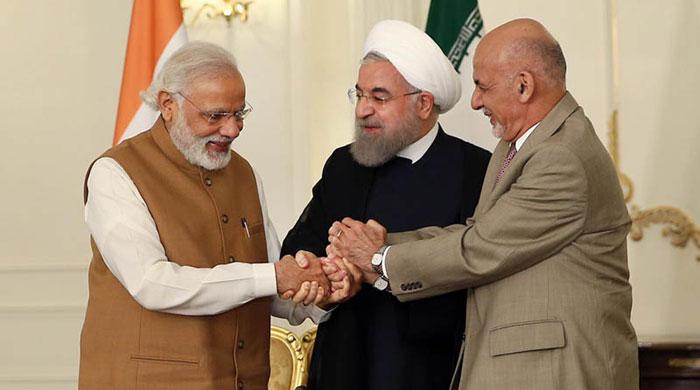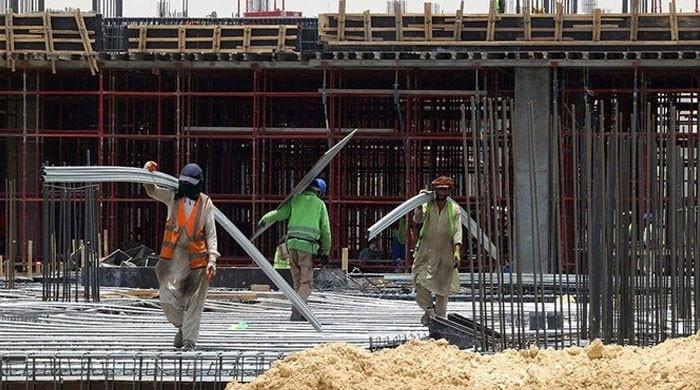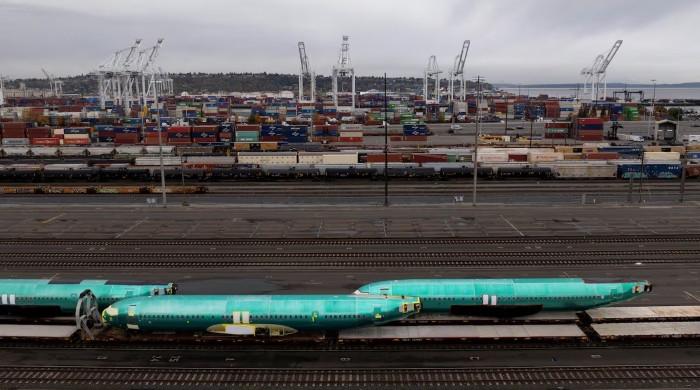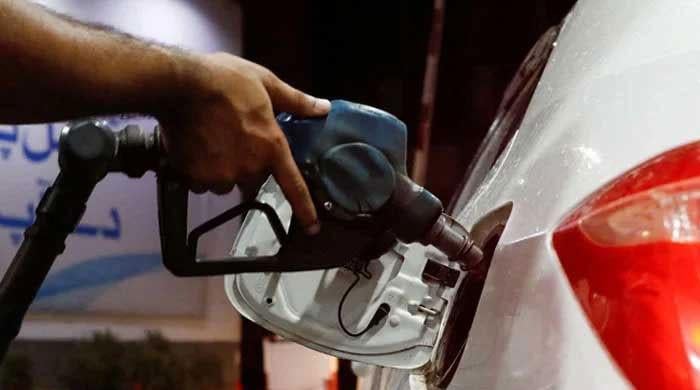Our regional resetting: What are Pakistan's options to readjust relations with neighbours?
Pakistan needs to realise that there is a desperate need to separate economics from politics
June 12, 2016

Several long term and current developments demonstrate that the emerging regional scenario seems disturbing for Pakistan. The India’s development of Iranian port of Chabahar has brought Afghanistan and Iran, two important neighbours of Pakistan, within the ambit of Indian influence.
In Afghanistan’s case, Pakistan’s alleged patronage of Taliban has strained our relations with both the US and Afghanistan. In Iran’s case, Shia killings inside Pakistan, the occasional intrusion of Iranian security personnel inside Pakistani border region in the so-called pursuit of religious militants from our side of the border and Tehran’s patronage of Shiism in Pakistan have all bedeviled Islamabad-Tehran relations. Even in China’s case, whereby otherwise we enjoy cordial relations with Beijing, the refuge of Chinese Uighurs in FATA has on times caused consternation in China. What are the available options with Pakistan to reset its relations with the neighbours for the better?
There are a number of options available to policy makers in Pakistan. In India’s case, Pakistan should give land access to Indian goods either meant for Afghanistan or Central Asia. Pakistan’s permit to Indian goods to pass through its landmass will bring the country three benefits. One, Pakistan will charge transit fee. Second, it will help cultivate good rapport with Afghanistan. Third, from the perspective of power politics, India will be dependent upon Pakistan and not vice versa. This will give Pakistan a leverage to pressurise India on the resolution of Indo-Pak disputes especially Kashmir.
Pakistan needs to realise that there is a desperate need to separate economics from politics. One just needs to look at trade relations between China and India. Despite the fact that China and India are arch rivals, their trade has only increased with the passage of time. We should not sacrifice our interests on the altar of Chinese opposition, if there is any, to Indian goods to pass through Pakistan. Diluting Indian influence is the key to neutralising any India-led Afghanistan and Iran regional nexus against Pakistan.
We need to have a clear cut and uniform policy towards Taliban. Ambivalence towards Taliban and their myriad groups has been adversely affecting our security. We should not change our policy towards Taliban because US wants us to do so or world accuses us of ‘double dealing’, ‘double game’ and ‘duplicity.’ Deception, double standard and duplicity are all the hallmarks of international politics.
A genuine change, entailing treating all Taliban the same way, should take place in our policy towards the militants just because doing so is in our national interest. In fact, there is no surety that today’s good Taliban won’t be tomorrow’s bad Taliban. After all, today’s bad Taliban were once good Taliban who later on turned their guns against the state.
Since 2002 till May 2016, a total of 438 suicide attacks, almost exclusively attributed to or claimed by Taliban and their affiliates, have killed 6584 people and injured 13735 more. On the economic front, since 2001, Pakistan has suffered a cumulative loss of $118.32 billion if one is to believe the government’s statistics. The good and bad Taliban distinction has not only strained our relations with the US but more importantly with Afghanistan, bad image besides. As a result, India and Afghanistan have come closer at the expense of Pakistan.
As far Iran is concerned, as developments post-Mullah Mansour’s death aptly demonstrates that the militant’s safe refuge in Iran and Iran’s support to Taliban are meant to kill two birds with one stone. One, Iran is cultivating good relations with Taliban for it is uncertain regarding the future of Afghan state. Two, for Iran, Taliban are a lesser evil to be used against a bigger evil, the Afghan chapter of ISIS.
Nevertheless, like Pakistan, Iran is committing a serious blunder to be naïve to the adverse impacts of support to Taliban. For Pakistan, developing economic relations with Iran is instrumental in cultivating good relations with that country. Policy makers in India understand this and have been successfully increasing trade with Iran.
On the China’s front, the CPEC shows Pakistan’s step towards diversifying its reliance beyond the US, a step in the right direction. Similarly, Islamabad should not exclusively rely on its good relations with Beijing. It is well placed to serve as a regional pivot connecting Beijing, Tehran and Kabul and Delhi. Policy makers should understand that it is China that needs Pakistan more than the other way around.
As a major power, China is also expanding its global outreach than just competing with India. For Pakistan, the best option is to base its foreign relations in the best of national interests than merely doing others bidding.
—Originally published in The News











